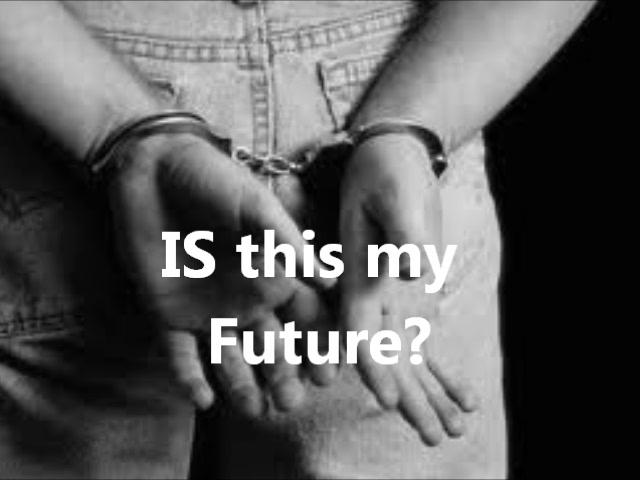Teens are the group most at risk for delinquency, and parents with delinquent teens may quickly feel like they are in over their heads. Luckily, there are ways parents can help delinquent teens, and resources for families who need help.
The teen years are a time when young people experiment with their identity and try to achieve independence from their parents. Most teens do this is relatively harmless ways, but there are some types of behavior that are illegal and may have negative long-term consequences for teens, such as:
- Truancy or skipping school
- Underage drinking
- Using or selling illegal drugs or abusing prescription drugs
- Vandalism
- Shoplifting
- Burglary or theft
- Fighting
- Breaking curfew
- Running away
- Arson
- Less commonly, sexual assault and homicide
Some parents may think these problems are confined to kids who are poor, male, urban, or from racial minorities, but in fact delinquent teens come from all kinds of neighborhoods and families. There are, however, some risk factors that make it more likely that teens will engage in illegal or delinquent behaviors:
- A history of anti-social or aggressive behavior
- Abuse of drugs or alcohol by a family member
- Illegal behavior by another family member
- Problems or stresses at home, such as loss of a family member, divorce, or family conflict
- Not feeling attached to or secure in their family
- Having friends engaged in illegal behaviors
- Doing poorly in school
- Lack of positive goals and activities
- Unsupervised, unstructured time, especially right after school
- Rules and consequences that are too strict or too lenient
- A history of abuse
- Having a mental illness or traumatic head injury
The most important way to help a teen who may be at risk for delinquency is to help him or her feel connected to his or her family, school, and community. Though many families and parents are very busy and have trouble finding time to spend on positive activities, even spending a small amount of time talking to a teen every day can help. Some things that may help a struggling teen or delinquent teen include:
- Spend at least a few minutes everyday talking to your teen and listening to what they have to say. They may not always open up to you or agree with your opinions, but this will help show them that you care and may encourage them to talk to you if they have a problem later.
- Tell teens often that you love them, and try to accept them for who they are as they experiment with different identities and interests.
- Eat at least one meal together as a family every day, with the TV and cell phones turned off. This has been shown to reduce teens’ risks for delinquent behavior and improve their general health and well being. This may mean having breakfast or a late dinner together if parents’ schedules are not convenient for other meals.
- Get help for teens who are struggling in school. Many schools offer after school tutoring for students. Emphasize the importance of getting a good education.
- Encourage teens to be involved in positive activities. This can include clubs, sports, community groups, church groups, music, theater, a part-time job, volunteering, or even unstructured activities like art. This is especially important for teens who spend time unsupervised after school.
- Set clear rules and expectations with reasonable consequences and enforce the consequences when the rules are broken. A good way to do this is through a behavior contract that clearly states what the rules and expectations are and what will happen when a rule is broken. The parent(s) and teen both sign the contract. Make sure rules and consequences are reasonable and not overly harsh, and pick your battles – don’t try to make a rule for everything, just the things that are important for a teen’s or family’s well-being.
- Ask questions when a teen goes out about what they are doing, where they are going, and whom they will be with. Require them to call you if their plans change.
- Monitor a teen’s use of electronic devices, such as by keeping TVs and computers out of bedrooms or installing parental controls. Don’t do this secretly – tell teens that you can see what they are doing online and that you want to make sure they’re not posting things online or visiting web sites that might cause problems for them.
- Get treatment for any illnesses a teen may be suffering from, including ADD/ADHD, depression, or drug or alcohol addiction.
When teens have already gotten into serious trouble or have developed patterns of illegal or delinquent behavior that are not easy to change, parents should seek outside help for their teen and family in addition to the above suggestions. Delinquent teens may have problems that parents cannot be expected to handle on their own. A doctor or counselor is a good place to start, and most communities have programs to help families who don’t have insurance to cover the costs of counseling.
Teen Delinquency Sources:
MassGeneral Hospital for Children, Adolescent Health, “Delinquency” [online]
WebMD, “5 Teen Behavior Problems: A Troubleshooting Guide” [online]
Nemours, KidsHealth, “A Parent’s Guide to Surviving the Teen Years” [online]

